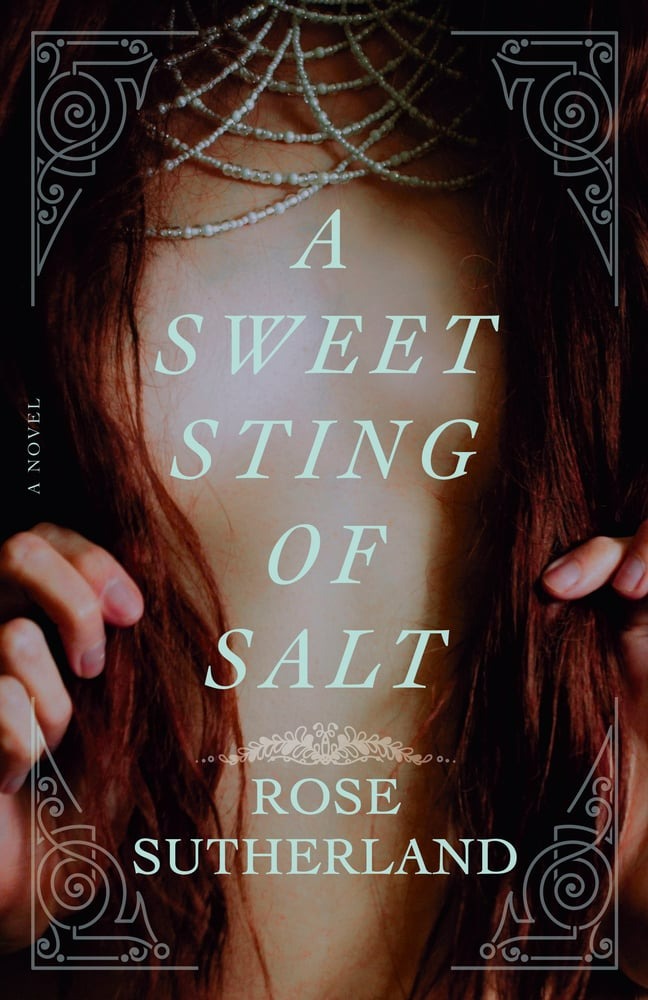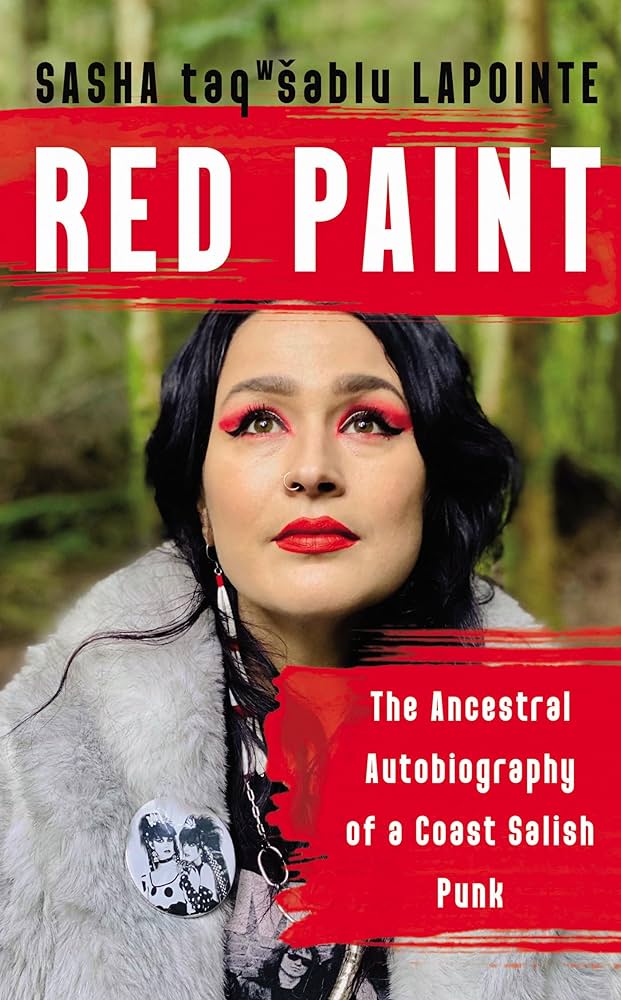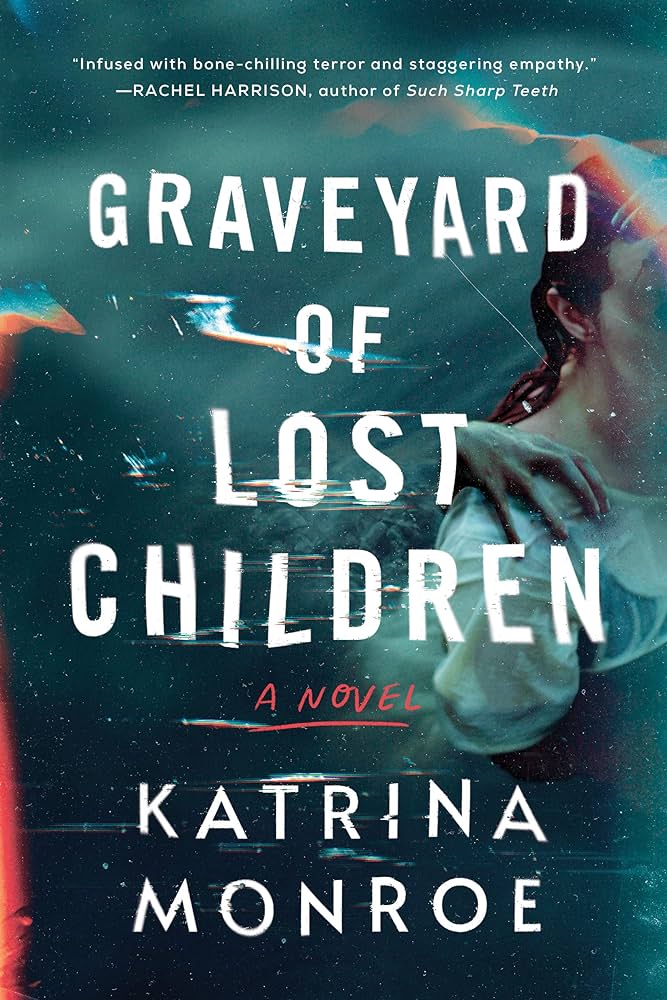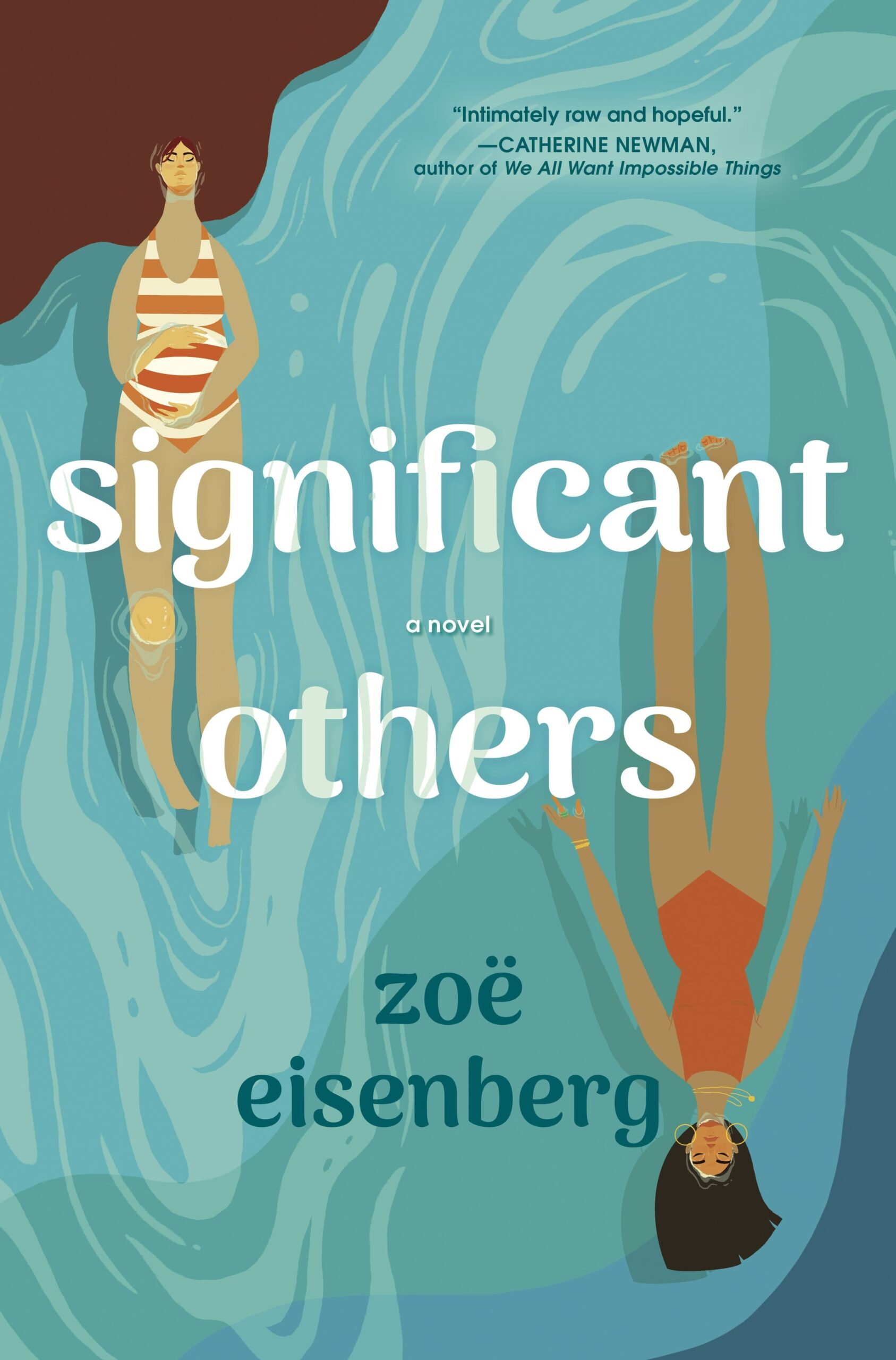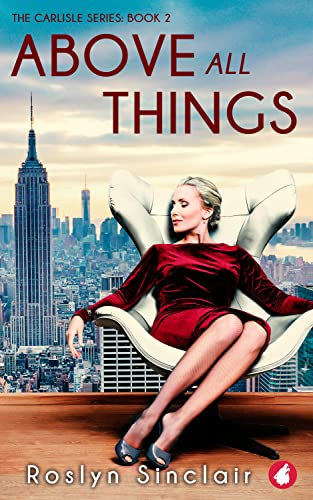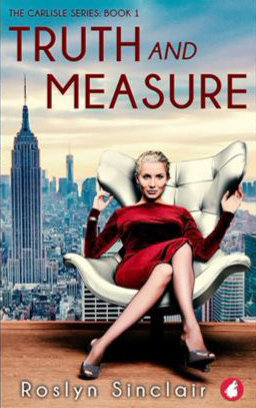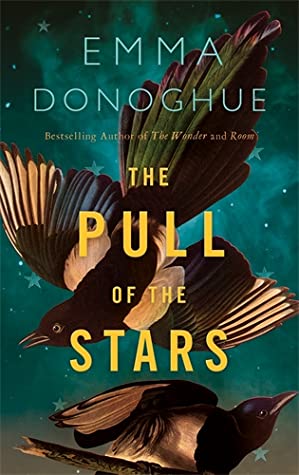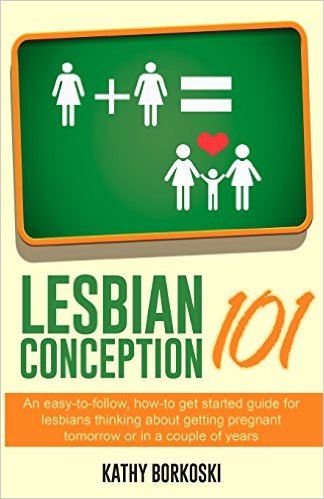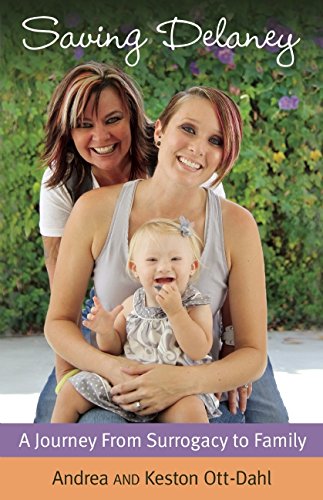Buy this from Bookshop.org to support local bookstores and the Lesbrary! I couldn’t tell you why, but I am obsessed with sapphic selkie stories. There are very few of them out there, but I leap on the chance to read any that I stumble upon. Don’t get me wrong: I like sapphic mermaids, too, butRead More
Memoir of a Queer Coast Salish Punk: Red Paint by Sasha taqʷšəblu LaPointe
Buy this from Bookshop.org to support local bookstores and the Lesbrary! “I no longer wish to be called resilient. Call me reckless, impatient, and emotional. Even Indigenous. Call my anything other than survivor. I am so many more things than brave.” One of my favourite books I’ve read this year is Thunder Song, LaPointe’s newestRead More
Ghosts or Post-Partum Depression? Graveyard of Lost Children by Katrina Monroe
Buy this from Bookshop.org to support local bookstores and the Lesbrary! After giving birth to her daughter, Olivia is struggling—not just with being a first-time mother, but mostly from being haunted. She hears voices whispering terrible things to her, a black-haired ghost is following her in her nightmares, and her body is deteriorating rapidly fromRead More
A Bittersweet Portrait of Platonic Partnership: Significant Others by Zoe Eisenberg
Buy this from Bookshop.org to support local bookstores and the Lesbrary! Jess and Ren were college roommates, and they have been inseparable ever since. That’s acceptable in college, but much less common when you’re in your late 30s, have bought a house together, and co-parent a dog. They’re committed to each other, but not dating—JessRead More
Susan reviews Above All Things by Roslyn Sinclair
Amazon Affiliate Link | Bookshop.org Affiliate Link Above All Things is the second part of Roslyn Sinclair’s Carlyle series. Vivian and Jules have committed to each other, and now they have to find a way to stay committed to each other during upheavals at work, family drama, and the small matter of Vivian’s pregnancy. ToRead More
Susan reviews Truth and Measure by Roslyn Sinclair
If you’ve been in the Devil Wears Prada fandom at any point since 2013, you might be familiar with Truth and Measure as Telanu’s 200k epic post-canon Andy/Miranda fic – featuring Miranda’s nasty divorce, her surprise pregnancy, and Andy weaving herself into the heart of Miranda’s life. Or, you might know Truth and Measure asRead More
Rachel reviews The Pull of the Stars by Emma Donoghue
Emma Donoghue’s newest novel, The Pull of the Stars (Harper Avenue 2020), is perhaps one of her most compelling historical fictions to date. A fast-paced, stunning novel, I was unable to put down The Pull of the Stars until the early hours of the morning. It drew me into its world in a way that was so riveting andRead More
Danika reviews P.S. I Miss You by Jen Petro-Roy
My first introduction to P.S. I Miss You was Jen Petro-Roy’s Entertainment Weekly article, where she talks about how her book didn’t get a tour through schools, because all but one school considered it “too mature.” That’s a shame, because this middle grade book has a lot to offer. It’s an epistolary novel, told in lettersRead More
Elinor reviews Lesbian Conception 101 by Kathy Borkoski
My wife and I decided a few months back to try to have a baby. Naturally, I’ve been reading everything that exists on the subject. There aren’t a ton of books out there for queer women trying to get pregnant. One of the most accessible is Lesbian Conception 101: An easy-to-follow, how-to get started guideRead More
Elinor reviews Saving Delaney by Keston and Andrea Ott-Dahl
Saving Delaney: From Surrogacy to Unexpected Family is an interesting memoir and an unusual story. Written by Keston and Andrea Ott-Dahl, it’s told from Keston’s perspective as she and her partner, Andrea, become parents to a daughter with Down syndrome. Their daughter, Delaney, was longed for–but not by them. Andrea had been a surrogate forRead More
